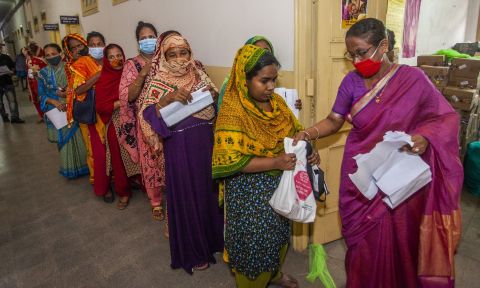Evidence on the number of people affected by forced labor and trafficking is scant and includes any of the following: 1) unfree recruitment, 2) work and life under duress, and 3) impossibility to leave employer. Trafficking also includes debt bondage and involuntary child labor. This study will assess the FCDO supported ILO led program Work in Freedom Phase 2 (WiF-2) which aims “to reduce vulnerability to trafficking and forced labor of women and girls across migration pathways leading to the care sector and textiles, clothing, leather and footwear industries (TCLFI) of South Asia and Arab States”. To assess the impact of WiF-2 we will apply a gendered Risk and Options Assessment for Decision-Making (ROAD) process as well as mixed quantitative and qualitative data collection and will measure a series of indicators, such as the modified women’s empowerment in agriculture index (WEAI) to understand how WiF-2 has contributed to reducing forced labor and trafficking. The project will also implement a social network experiment in the employment space.
Outputs / Resources

Claudia Ringler
Director, Natural Resources and Resilience (NRR)

Claudia Ringler
Director, Natural Resources and Resilience (NRR)
Muzna Alvi
Research Fellow
Hagar ElDidi
Senior Research Analyst

Sawsan Abdulrahim
Associate Professor, American University of Beirut
Zahid ul Arefin Choudury
Associate Professor, University of Dhaka
Patrick Kilby
Senior Lecturer, Australian National University and Adjunct Associate Professor, Humanitarian and Development Research Institute at Western Sydney University
Nazmun Ratna
Senior Lecturer, Lincoln University
Joyce Wu
Lecturer, University of New South Wales and Visiting Fellow, Australian National University
Development and validation of a Women’s Empowerment in Migration Index (WEMI)
Reducing vulnerability to forced labor and trafficking of short-term, low-skilled women migrant workers in the South Asia to Middle East corridor
Reducing vulnerability and precarity of low-skilled women in short-term migration from the global south: Key policy recommendations for the G-20
Soumya Balasubramanya, David Stifel, Muzna Alvi and Claudia Ringler (July 2020)




